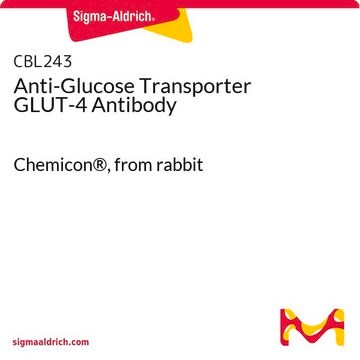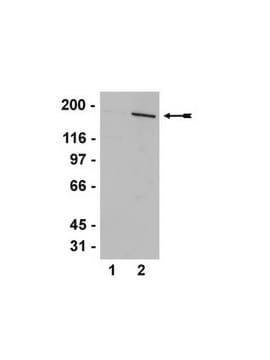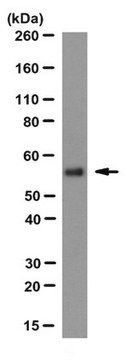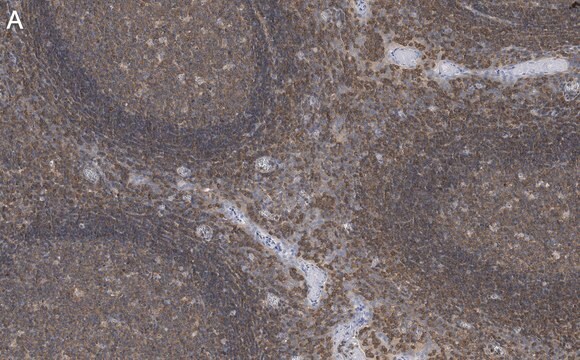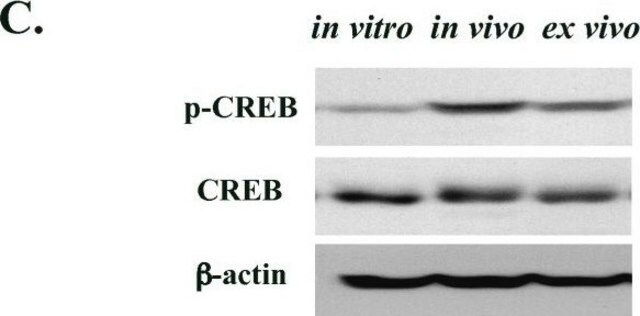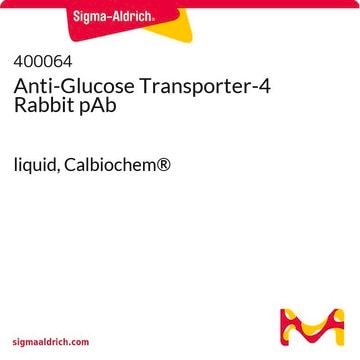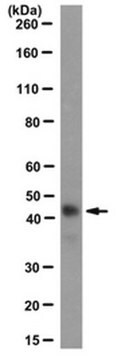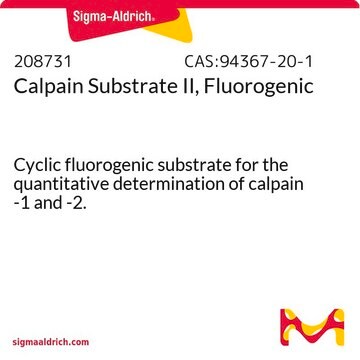ABS54
Anti-AS160 Antibody
from rabbit, purified by affinity chromatography
Synonyme(s) :
Acrg embryonic lethality minimal region ortholog, Akt substrate of 160 kDa, TBC (Tre-2, BUB2, CDC16) domain-containing protein, TBC1 domain family, member
About This Item
Produits recommandés
Source biologique
rabbit
Niveau de qualité
Forme d'anticorps
affinity isolated antibody
Type de produit anticorps
primary antibodies
Clone
polyclonal
Produit purifié par
affinity chromatography
Espèces réactives
mouse, human
Réactivité de l'espèce (prédite par homologie)
rat (based on 100% sequence homology), canine (based on 100% sequence homology)
Technique(s)
immunoprecipitation (IP): suitable
western blot: suitable
Numéro d'accès NCBI
Numéro d'accès UniProt
Conditions d'expédition
wet ice
Modification post-traductionnelle de la cible
unmodified
Informations sur le gène
human ... TBC1D4(9882)
mouse ... Tbc1D4(210789)
Description générale
Spécificité
Immunogène
Application
Signaling
PI3K, Akt, & mTOR Signaling
Immunoprecipitation Analysis: 10 µg from a previous lot immunoprecipitated AS160 from HEPG2 lysate.
Qualité
Western Blot Analysis: 0.05 µg/mL of this antibody detected AS160 on 10 µg of HEPG2 cell lysate.
Description de la cible
Forme physique
Stockage et stabilité
Remarque sur l'analyse
HEPG2 cell lysate
Autres remarques
Clause de non-responsabilité
Vous ne trouvez pas le bon produit ?
Essayez notre Outil de sélection de produits.
Code de la classe de stockage
12 - Non Combustible Liquids
Classe de danger pour l'eau (WGK)
WGK 1
Point d'éclair (°F)
Not applicable
Point d'éclair (°C)
Not applicable
Certificats d'analyse (COA)
Recherchez un Certificats d'analyse (COA) en saisissant le numéro de lot du produit. Les numéros de lot figurent sur l'étiquette du produit après les mots "Lot" ou "Batch".
Déjà en possession de ce produit ?
Retrouvez la documentation relative aux produits que vous avez récemment achetés dans la Bibliothèque de documents.
Notre équipe de scientifiques dispose d'une expérience dans tous les secteurs de la recherche, notamment en sciences de la vie, science des matériaux, synthèse chimique, chromatographie, analyse et dans de nombreux autres domaines..
Contacter notre Service technique